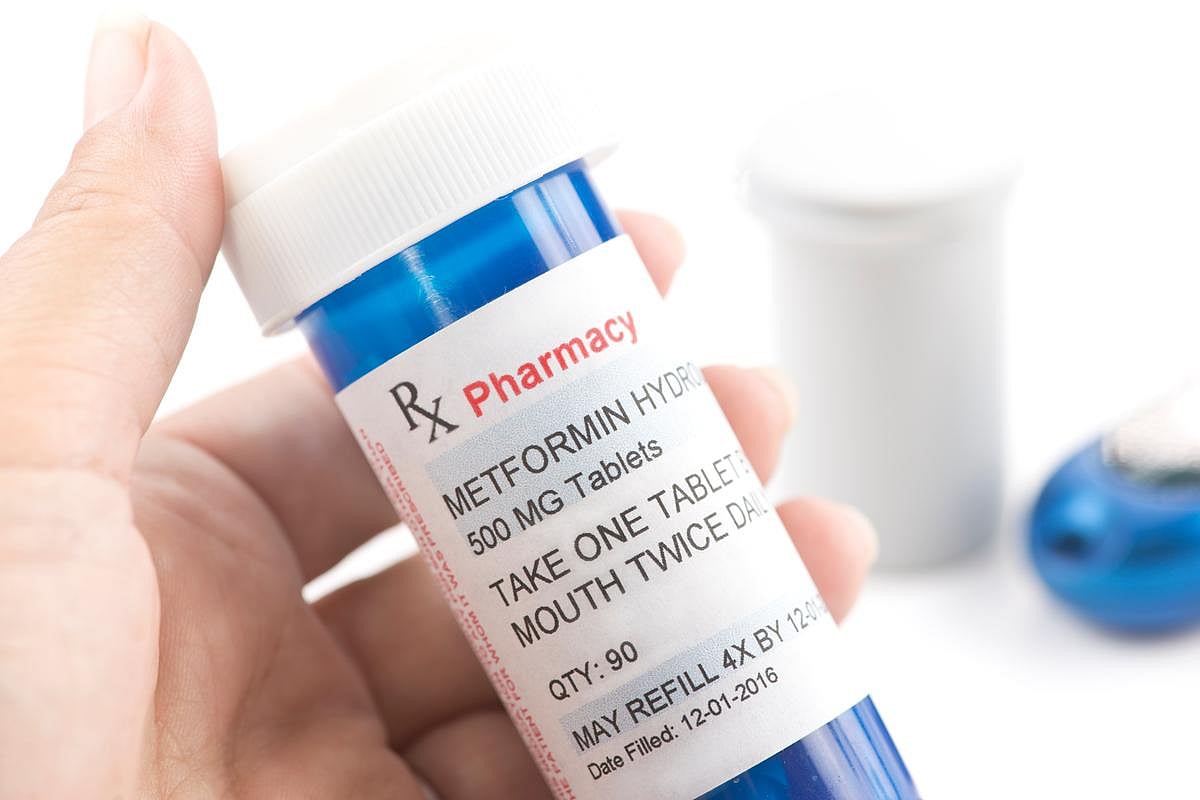Due to a recent change in our pharmacy software system, the process for submitting refill requests online has now changed.
Our previous mobile app and your current login credentials will no longer work.
Please click the My Pharmacy tab then Patient Portal to begin the new process.
Thank you for your patience during this transition.
Manténgase sano!

- Ernie Mundell
- Posted November 18, 2024
Diabetes Meds Metformin, GLP-1s Can Also Curb Asthma
Drugs already taken by millions of diabetes patients appear to also help slash asthma attacks by up to 70%, new British research shows.
The two drugs are metformin, one of the most widely used diabetes medications, and the GLP-1 class of medications that include Ozempic, Mounjaro and Saxenda.
A study of nearly 13,000 people with diabetes and asthma found that metformin cut a patient's odds for asthma attacks by 30%, while adding in a GLP-1 med reduced it by another 40%.
The effects appeared to rely on more than just improved in blood sugar control or weight reduction, the authors said, and suggest that metformin and GLP-1s might work directly on airway function to ease asthma.
All in all, the findings "suggest potential for repurposing anti-diabetic. drugs to much needed alternative treatments for asthma," said a team led by Chloe Bloom. She's a senior lecturer in respiratory epidemiology at Imperial College London.
Her team published its findings Nov. 18 in JAMA Internal Medicine.
As the researchers explained, there's long been good reason to suspect that metformin might improve asthmatics' respiratory health. The drug has anti-inflammatory effects, they said, and it also appears to reverse some of the changes in airways and the "hyper-responsiveness" of airways that asthma brings.
The data on GLP-1s shows similar effects: The same cellular receptors that the drugs work on in the brain are found in the lungs, and GLP-1s are also thought to calm airway hyper-responsiveness.
But would any of this show up in a real-world study of patients?
To find out, Bloom's team tracked the hospital records of about 12,700 type 2 diabetes patients who also had asthma, looking for incidents of asthma attacks. They also tracked each patients' use of various diabetes medications. Data was collected from 2004 to 2020.
The results were impressive.
"Metformin was associated with a lowered risk of asthma attacks by approximately 30%," the researchers found. When patients were also prescribed a GLP-1 as an add-on therapy, that was "associated with an additional lowered risk of approximately 40%," they added.
Looking closer at the data, Bloom's team found that changes in blood sugar control or weight while on the drugs had little to do with the relationship of metformin and GLP-1 use to improvements in asthma.
They note that half of people with asthma in their study were also overweight or obese and at risk of having diagnosed or undiagnosed type 2 diabetes.
So, the findings bring up a potentially exciting new possibility: Giving metformin or a GLP-1 to people with asthma to help treat the breathing disorder and any underlying diabetes.
There may be "a benefit of [this type of] early pharmacological intervention for adults with asthma and metabolic dysfunction," Bloom's group concluded.
They say further research, including clinical trials, is warranted to confirm the benefits seen in this study and to better understand how diabetes drugs may improve asthma care.
More information
To find out more about asthma treatments, head to the Asthma and Allergy Foundation of America.
SOURCE: JAMA Internal Medicine, Nov. 18, 2024






